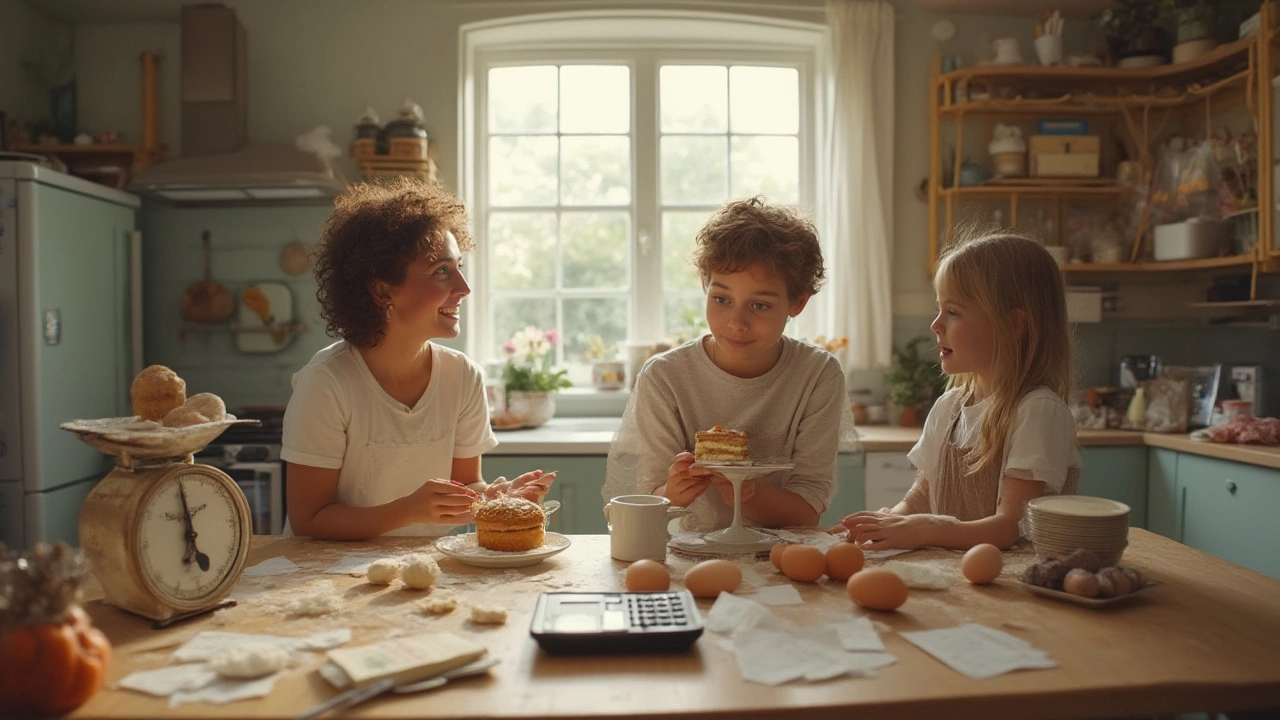
Ever caught yourself standing in the bakery aisle, staring at an iced beauty behind glass, and wondering—should I just buy it, or is it actually thriftier to make this thing myself? Turns out, this debate is nowhere as simple as it looks. Cake isn't just flour and eggs. There are layers (pun intended) to the decision, and a little number crunching does wonders to clear the icing from your eyes. Most people who boldly grab a boxed cake mix or head to a fancy patisserie don't know what they're actually spending, or what that spending gets them. Let's dig into what really goes into the true price tag of a cake.
What Goes Into the Cost of Homemade Cake?
If you’ve never done the maths before, you might be surprised. Baking a cake from scratch isn’t just about grabbing flour, sugar, and eggs. Let’s line up the main players. You need the basics: flour, sugar, eggs, baking powder, and a dash of salt. Most recipes ask for butter, milk, and vanilla. Then there’s the flavorings—cocoa powder for chocolate, proper fresh lemons for zingy lemon cake, or all those nuts and spices for carrot cake. Let’s not forget the extra: chocolate chips, fruit, fillings, frostings, that sneaky edible glitter if you fancy. It adds up.
I checked the average prices for these in Auckland, July 2025:
| Ingredient | Quantity for Standard Cake | Average Price (NZD) |
|---|---|---|
| Flour | 2 cups (300g) | $0.60 |
| Sugar | 1.5 cups (300g) | $0.85 |
| Butter | 200g | $3.60 |
| Eggs | 3 | $1.80 |
| Milk | 1 cup (250ml) | $0.50 |
| Baking powder | 2 tsp | $0.10 |
| Vanilla | 1 tsp | $0.40 |
| Icing sugar | 2 cups (260g) | $1.30 |
| Cocoa (for chocolate cake) | 1/3 cup (35g) | $0.80 |
| Total (Basic Cake) | $9.95 |
This is for a classic butter cake with simple icing, serves about 8-10 people. Toss in specialty ingredients (think fresh blueberries or mascarpone cream)—the price jumps. Now, utilities: about $0.35 to bake in a standard electric oven. Throw in a bit for dish soap and the odd baking paper sheet, maybe $0.20.
But also: your time. Consider it. The whole process—gather, prep, mix, bake, decorate, clean—takes most people somewhere between 2-3 hours, start to finish if you’re not a practiced pro. What’s that worth to you? If you genuinely enjoy baking, you’ll count it as “fun time” (it’s why I do it). But if you’re in a rush—it’s another cost, just not on your bank statement.
How Prices Stack Up in Auckland
Bakeries in Auckland are as varied as the cakes on display. You can find a basic iced round cake for between $22 and $35 at mainstream supermarket bakeries like New World or Countdown. Custom cakes, the kind with elaborate piping and hand-crafted toppers, easily run $60 or even $150 for an average-sized celebration cake. Fancier patisseries sometimes sell single slices for $9—so a whole cake of 8 slices could add to $72.
Here’s a comparison table for reference, updated as close as you’ll find to July 2025:
| Type | Size | Price Range (NZD) |
|---|---|---|
| Supermarket basic iced cake | 8-10 servings | $22 - $35 |
| Boutique patisserie cake | 8-10 servings | $42 - $85 |
| Custom celebration cake | 10-15 servings | $60 - $150 |
| Homemade cake, classic recipe | 8-10 servings | $10 - $15 |
If you’re after the lowest spend, homemade easily wins. But the more bells and whistles, the closer the price gets to shop-bought – especially when you start making smaller quantities (the per-slice price of a single-layer cake is always higher). Bulk baking always saves money, but not everyone wants three cakes at once (tempting, but dangerous for the waistline).
Another note: ingredients left over from your bake go into your pantry for future bakes, so you’re not buying a new bag of flour or tub of baking powder every single time. This does soften the blow to your budget over several months—there’s a sunk cost feeling at first, then your future cakes get steadily cheaper.
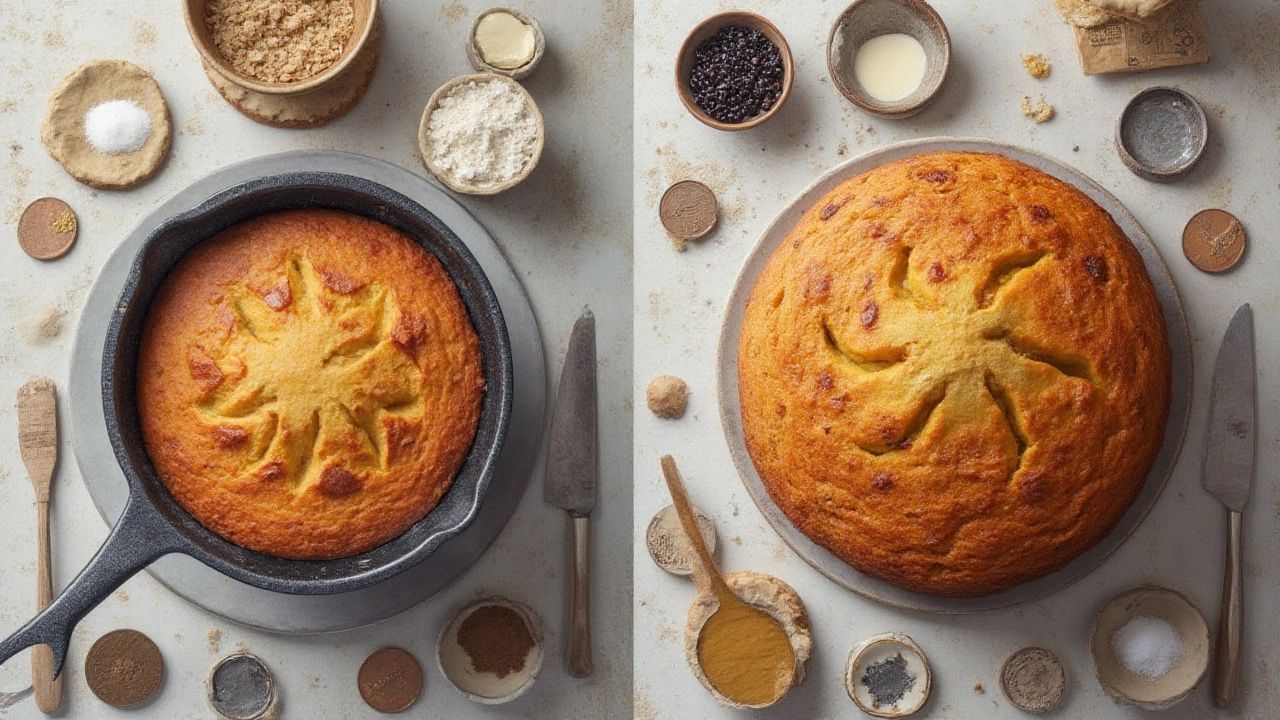
Hidden Costs and Benefits People Forget
Money talk is important, but so is value. Homemade cake is almost always fresher, and you can control exactly what goes inside—real vanilla, less sugar, free-range eggs, gluten-free flour, whatever your heart or stomach desires. Plus, if you mess up, you also get to lick the spoon. Tell me the supermarket lets you do that.
On the flip side, not everyone owns all the gear—cake pans, a mixer, a cooling rack. Borrowing from a pal or forking out for a good cake tin on your first bake does tip the upfront cost up. Decorating gear can go from $5 for a piping bag to $50 for the full arsenal. Many households make do with improvising (think: cutting parchment circles by hand or using a fork for frosting patterns) and skip these extras.
Transport is another odd cost: baked yourself but need to ferry it across the city? A dropped homemade cake is a particular brand of heartbreak. Professionally made cakes are usually boxed, sometimes for a fee, and designed to survive a car ride.
You can’t really put a number on the sense of pride and fun you get from making a cake for someone’s birthday or just as a lovely surprise. If you’re doing it as a family or with kids, it’s an activity—a few sticky hands, a floury kitchen, and maybe a bit of bickering about who gets to lick the spoon. But ask anyone who’s done it—these are memories that last longer than any leftovers.
Tips for Saving Money (and Trouble) When Baking
If you want to slash your cake costs even lower, start by planning ahead. Buy your pantry essentials in bigger packs when they’re on special—flour, sugar, even butter. Eggs, if you’re really keen, can be bought directly from local farms or markets, where the price per tray is lower than supermarkets.
- Use frozen berries for fruity cakes—they’re loads cheaper and just as delicious.
- Substitute pricier ingredients when you can. Cream cheese frosting is lovely, but basic icing sugar and milk gets the job done.
- Avoid buying single-use decorations—make do with what’s in your cupboard (toasted coconut, cocoa dusting, homemade caramel drizzle go far).
- Borrow specialty pans from friends or the library. Some libraries in NZ lend out kitchen equipment for free.
- Never skip the “mise en place”—get all your ingredients prepped before you start. You’ll make fewer mistakes, and nothing gets wasted.
Batch baking is another game changer. If you know you’ve got a few celebrations coming up, double or triple the recipe, freeze the unfrosted cakes (yes, cake freezes perfectly, up to 3 months), and have a ready-to-go base. Glaze, ice, and decorate when you need it, and nobody will know any different—just make sure to wrap each layer well in cling film and pop it in a sealable bag.
Energy costs add up but using your oven well helps: bake two cakes at once or fit in some cookies in the same session. Always preheat at the last possible minute and don’t open the door until you must. If you have a bench-top oven or air fryer with a cake function, these can often use less power than the big oven for small batches.
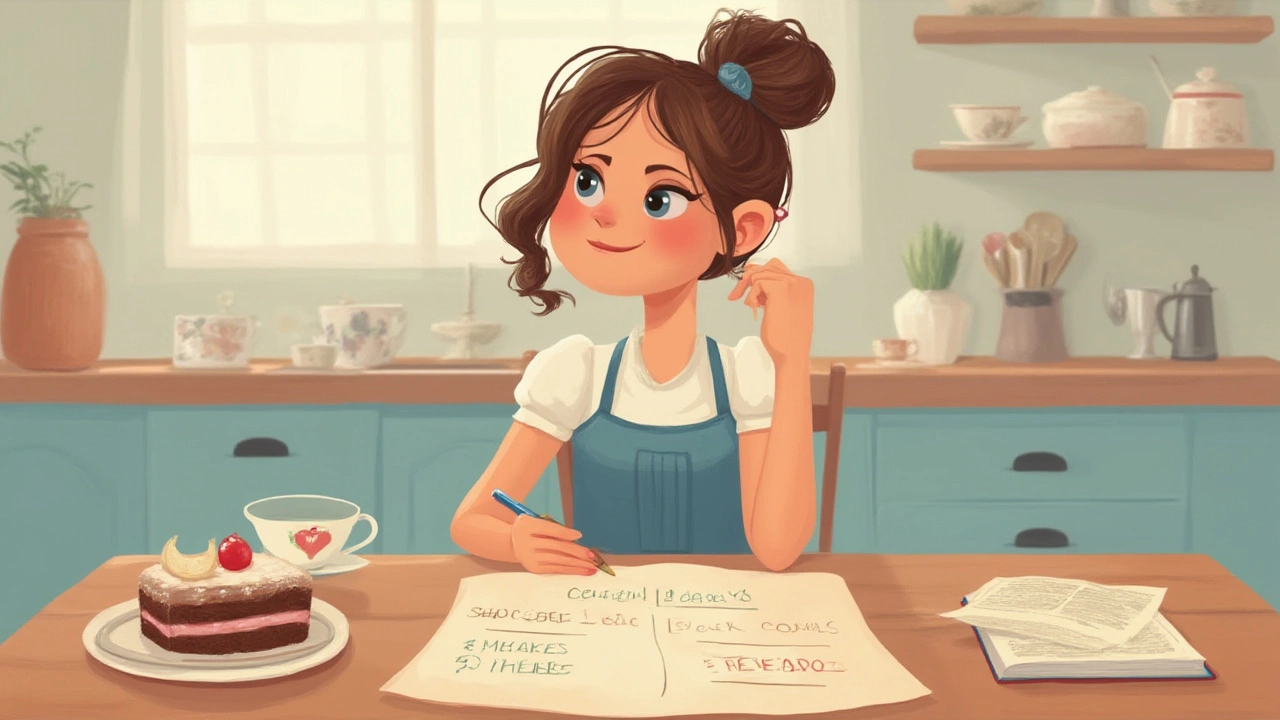
So, Which Is Really Cheaper: Bake or Buy?
Price-wise, if you stick to the basics, homemade cake comes out on top, especially if you count baking as fun, not ‘work’. A classic vanilla or chocolate cake, enough for a big family, can be done from scratch for under ten or fifteen bucks. Of course, if you get a bit wild with fancy chocolate, premium nuts, or top-shelf extracts, you can catch up to the cost of lower-end store cakes pretty fast.
The difference gets sharper as you scale up or go fancy. Want a decadent gateau with four layers, handmade truffles, and gold leaf? That’s costly to buy, but not much cheaper if you’re buying all those fancy components yourself. On the other hand, if you want a fast but okay-looking cake for the office tea break, supermarket cakes win for speed and convenience—no sticky dishes, no floury cleanup, no panic if things go sideways.
Let’s talk about nutrition for a sec (not everyone cares, but plenty do): baking at home lets you tweak things—drop the sugar, swap in wholemeal flour, add grated veg for moisture, skip the palm oil. Store cakes are often designed for shelf life, not taste, which means preservatives, stabilizers, and sometimes a strange hint of cardboard. Read the labels next time you’re faced with a display case, and you’ll see what I mean.
For anyone with allergies, celiac, or on a vegan diet, baking at home is less about saving money and more about having real choices. A quick check of Auckland bakeries shows a gluten-free or vegan cake always costs more—usually because of the pricy specialty flours or egg alternatives involved.
Here's the honest bottom line: if you love baking, need to cater for quirks, or just like knowing what's in your cake, homemade is the clear winner. If you’re out of time, low on patience, or buying simply for a quick fix, a supermarket or patisserie cake is a clear choice, even if it means parting with those extra dollars.
Realistically—there’s room for both in a busy, cake-loving city like Auckland. Whether you’re after budget-friendly, health-flexible, or Instagram-worthy, there’s an option for you. But if anyone tries to tell you buying cake is always cheaper, ask them who’s paying for all that washing up.



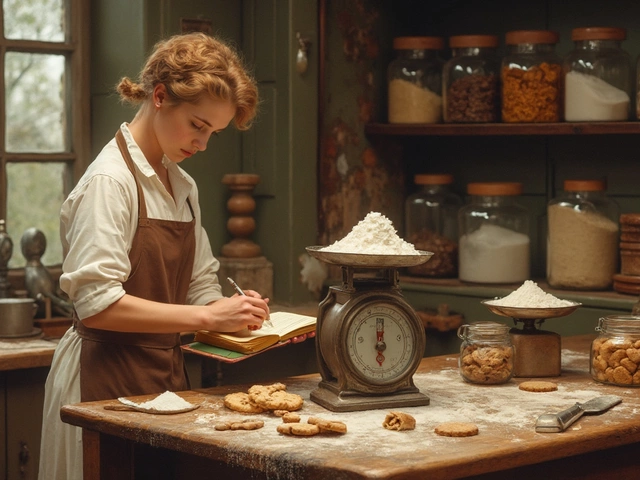

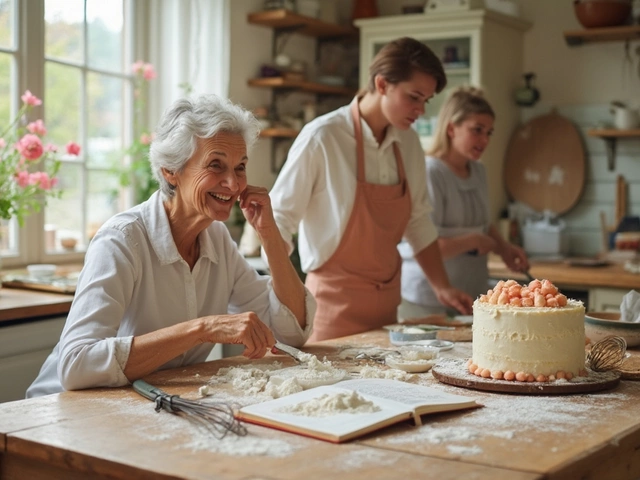

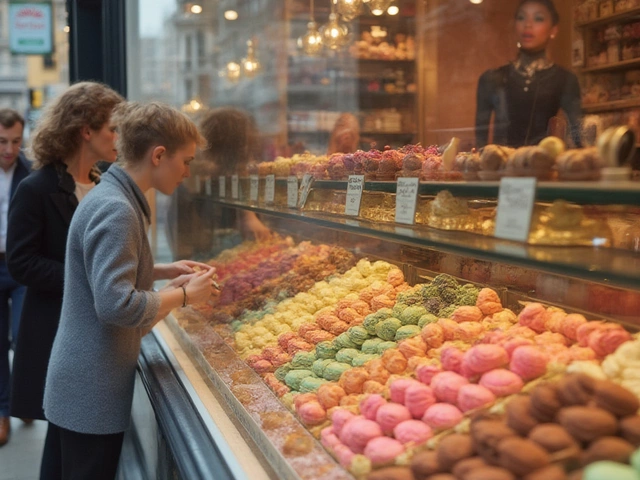

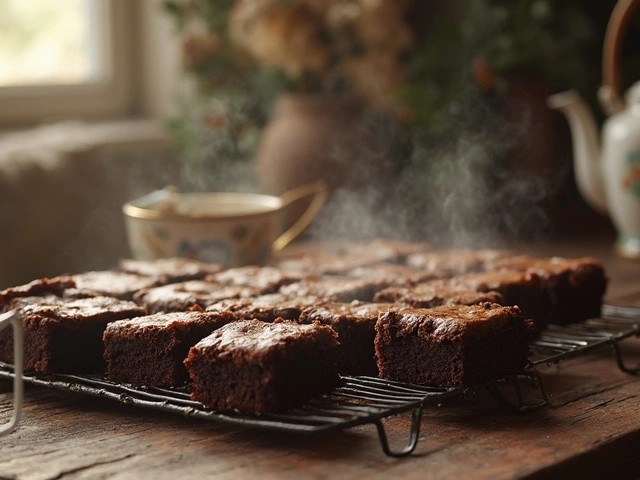
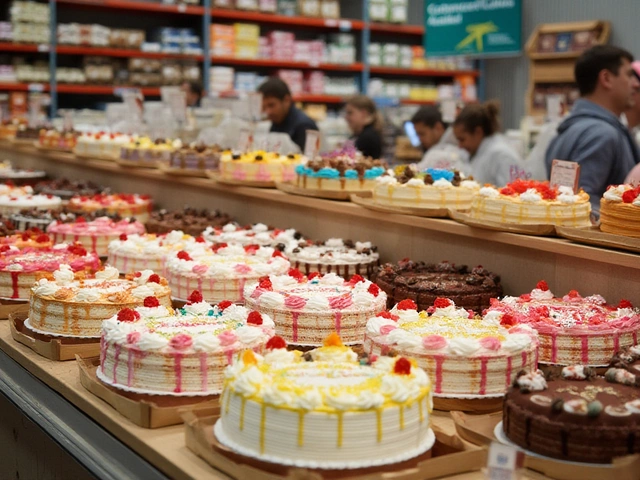
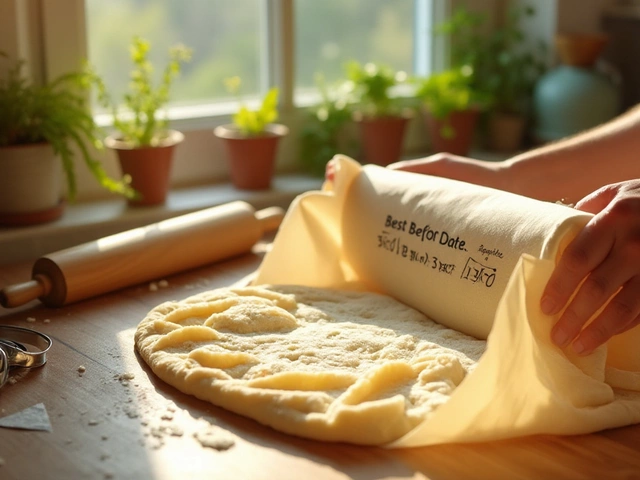
Write a comment